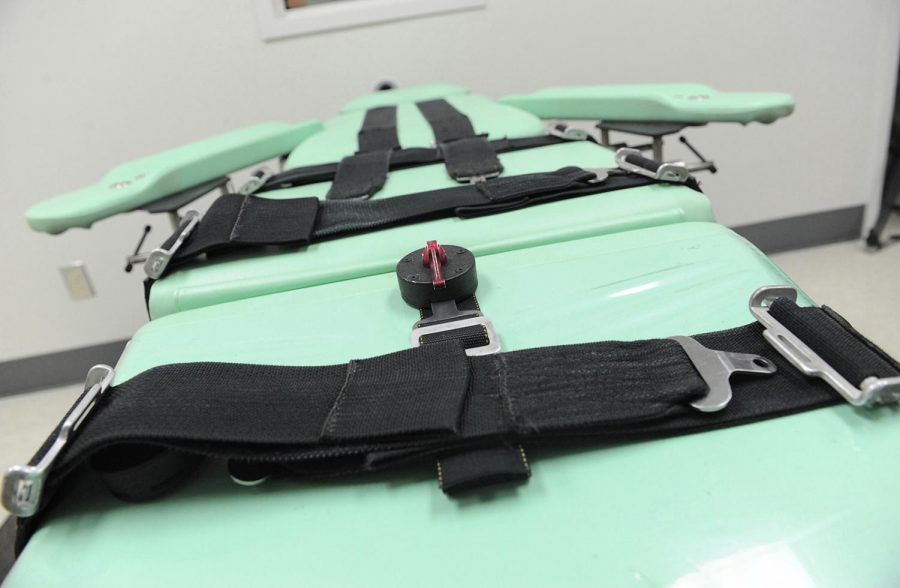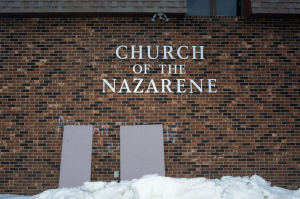Jaimes: Iowans deserve better than the death penalty
A death penalty proposal in the Iowa Senate runs the risk of creating a dangerous precedent in the criminal justice system.
(Wally Skalij/Los Angeles Times/TNS)
March 10, 2019
A proposed bill to impose the death penalty in Iowa is now eligible for debate in the Iowa Senate. The bill, Senate File 296, would recommend capital punishment for “murder in the first-degree offenses involving kidnapping and sexual abuse offenses against the same victim who is a minor.”
Protecting the most vulnerable population of our community is a priority for all Iowans. I understand that lawmakers in Des Moines want to do their best to protect minors through this act of retribution on offenders, but imposing the death penalty seems just like the slippery slope that could spread the punishment as a consequence for committing other serious crimes.
We can all agree that acts mentioned in the bill are heinous, but what happens when a legislator decides to expand that punishment to crimes that he or she deems to be equally as heinous? Do we lose sight of the pro-life message of Iowa? Do we pretend we live in a perfect world with no mistakes? Should we overlook the cost of capital cases? These scenarios should be heavily weighed against taking another human’s life.
In capital cases, even the cost of the initial trial is more than that of a trial for life in prison with or without parole. All death penalty cases are divided into two trials: one that weighs evidence to determine guilt and one that determines the sentence, which is either life in prison or death. A nondeath-penalty case would only go through one trial.
Kansas, a state that still imposes the death penalty, determined that capital cases cost $1.26 million from pre-trial to execution. Using that same start-to-finish time period, nondeath-penalty cases added up to $740,000.
Besides the fiscal aspect, we have to admit that we live in a society where mistakes are likely to happen. In the criminal-justice system, cases are frequently appealed in which a judge will then decide to affirm or reverse the decisions made in lower courts. The death penalty is a very certain punishment in a process in which many judgments are uncertain or likely to change.
RELATED: Guest Opinion: Major religions would not condone current moment
In 1982, Curtis McCarty fell victim to this flawed system. After 19 years on death row, McCarty was exonerated for the murder of Pamela Willis, an 18-year-old who was found raped, stabbed, and strangled. DNA evidence later proved him innocent and spared his life from a government eager to play God. McCarty is one of many prisoners who has been exonerated from death row. Their stories should be reason enough to not implement such a bill, which would have directly targeted someone such as McCarty.
It is also heartbreaking to see that upcoming executions are documented as nonchalantly as movie listings, for viewers to watch if they are available. A state so heavily divided on its abortion stance should understand the value of life in and out of the womb. Treating death as an observable event should never be acceptable, despite the actions of the accused. I understand that comparing the life of a child to an accused murderer does not seem like a strong argument, but it is when considering how many felons have sat in McCarty’s shoes and faced this undeserved punishment.
Intentions behind this bill are supported out of protection to innocent minors, but proposals as serious as this need more than good intentions to outweigh the danger it poses to citizens. This slippery slope creates the possibility of extending to other crimes, opening the door for more taxpayer money being spent and increased chances for mistakes that would impact a human’s life. Imperfections in the criminal- justice system are bound to exist, but a get-tough-on-crime solution as final as the death penalty has no place in this “Iowa Nice” territory.






